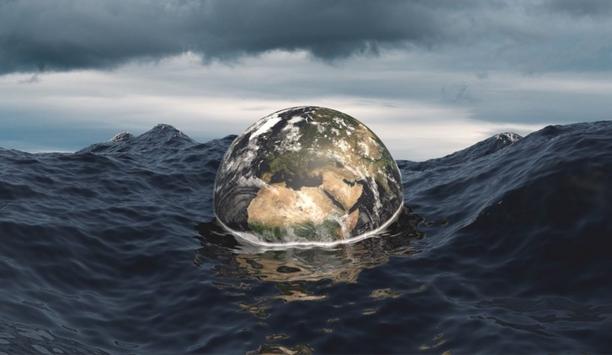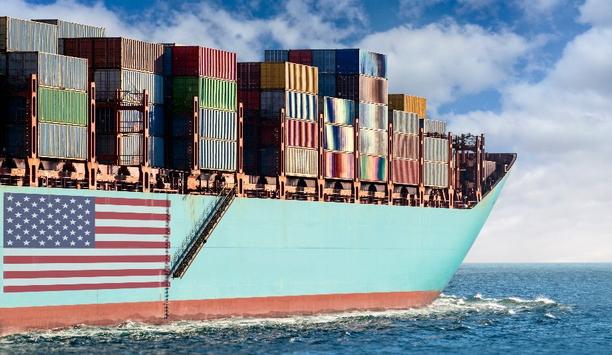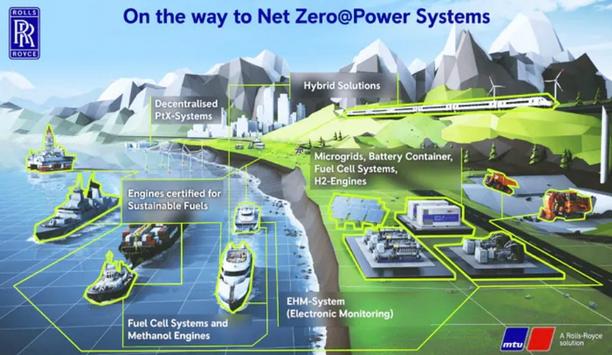Blue economy - Harbour insights
Ammonia is gaining traction as a future fuel in the maritime industry, primarily due to its potential to significantly reduce greenhouse gas emissions. A key driver for ammonia's interest is that it can be carbon-free when combusted, which aligns with the maritime industry's increasing pressure to meet emissions regulations. However, most ammonia production currently relies on fossil fuels. Transitioning to "green ammonia" production is crucial for sustainability. If "green ammonia" is produced...
The Dark Fleet refers to a network of vessels that operate outside of standard maritime regulations, often used to transport sanctioned goods such as oil. These shadowy vessels are also referred to by terms such as Parallel Fleet and/or Shadow, Gray or Ghost fleet. The terms are all manifestations of the same thing – ships that are owned, structured, and operated to avoid exposure to sanctions. Fleet of ships “In fact I would prefer that we use the term Parallel Fleet because it m...
Carbon capture and storage (CCS) can contribute to decarbonisation of the maritime industry, especially when combined with other approaches. CCS allows ships to continue using fossil fuels while capturing and storing the emitted CO2. It’s a helpful interim approach if a vessel’s immediate transition to alternative fuels is not feasible due to infrastructure limits or technology constraints. CCS can extend a vessel’s operational lifespan, both reducing emissions from existing v...
The maritime industry is taking important steps to improve cybersecurity, catching up rapidly by introducing other industries' best practices into information technology (IT) and operational technology (OT) onboard vessels. Work remains to be done to ensure a cyber-resilient worldwide fleet of maritime operations. The way forward is through collaboration among all major stakeholders. Remote-controlled and autonomous ships In the future, the marine industry will increasingly use remote-control...
The maritime industry, steeped in tradition, is now riding the wave of digital transformation, with big data playing a pivotal role in driving innovation and efficiency. For maritime professionals, the question isn’t whether to embrace big data, but how to maximise its practical benefits. Whether it’s a ship owner, port operator, or related to supply chain logistics, big data has the potential to streamline operations, enhance safety, reduce costs, and bolster profitability. This a...
U.S. President Joe Biden has signed an Executive Order aimed at shoring up the cybersecurity of U.S. ports, a move fuelled by mounting concerns about the vulnerability of this critical infrastructure to cyberattacks. This initiative marks a significant shift in policy, empowering key agencies and outlining concrete actions to bolster defences. By empowering key agencies, establishing clear standards, and fostering collaboration, the initiative aims to strengthen U.S. ports against the evolving...
A ransomware attack at a commercial and defence shipbuilder in Wisconsin highlights the vulnerabilities of manufacturing operations, including shipbuilders, to the threats of cybersecurity. Fincantieri Marinette Marine was targeted by a cyberattack in the early morning hours of April 12, 2023. Large segments of data on the shipyard’s network servers became unusable because of the efforts of an unknown professional group. In ransomware attacks, offenders encrypt information on a serv...
Millions of cargo containers are transported each year, and only a tiny fraction are lost at sea. However, the number of lost containers has increased in recent years, propelled by high-impact incidents that skewed the numbers upward. Factors impacting the higher number of lost containers include more violent weather events (due to global warming) and rough seas. Stresses on the global supply chain have led to higher numbers of containers loaded per ship and possibly less care being taken when...
Liquid natural gas (LNG) can avoid concerns about global warming in the maritime industry – to a point. LNG is a carbon-based fuel but yields lower emissions than current fuels used in the maritime industry, thus enabling compliance with International Maritime Organization (IMO) goals to address greenhouse gas emissions. LNG offers an attractive transition route until even more environmentally friendly approaches become practical, although costs to transition existing vessels to LNG are...
The Jones Act, also known as the Merchant Marine Act of 1920, has been in the news recently, both as an element in the supply chain muddle and related to the U.S. ban on Russian oil and gas. The Jones Act requires that ships operating between ports in the United States of America be constructed in the U.S., fly the U.S. flag, be owned by U.S. citizens, and be crewed only by U.S. citizens and U.S. permanent residents. The Jones Act The law was introduced by Senator Wesley Jones (R-Wash.) and be...
Pollution from microplastics poses a threat to the marine environment and synthetic ropes used by maritime vessels are a source of the contamination. Research is ongoing into the specific impact of pollution. Meanwhile, the development of biodegradable fishing gear is one solution, but greater awareness is needed to tackle the problem holistically. The impact of ropes on the ocean The University of Plymouth’s International Marine Litter Research Unit is studying the impact of ropes on ma...
Backlogged ports, a shortage of shipping containers and not enough workers are among the factors contributing to supply chain disruptions that have led to shortages of various goods and are likely to impact availability of merchandise, during the upcoming holiday season. Demand is growing rapidly as the impacts of the COVID-19 global pandemic have diminished. However, lingering consequences of the pandemic are continuing to impact the container shipping market. With each element in the system t...
If the ocean were a national economy, it would be the seventh largest in the world. Contributions of the oceans to energy production, transport and sustainable food production are essential to the global economy. In the global ‘blue economy,’ environmental protection and economic growth are intrinsically linked, especially in the maritime industry. The European Union has detailed a realistic agenda for the blue economy to play a major role to achieve the objectives of the European...















